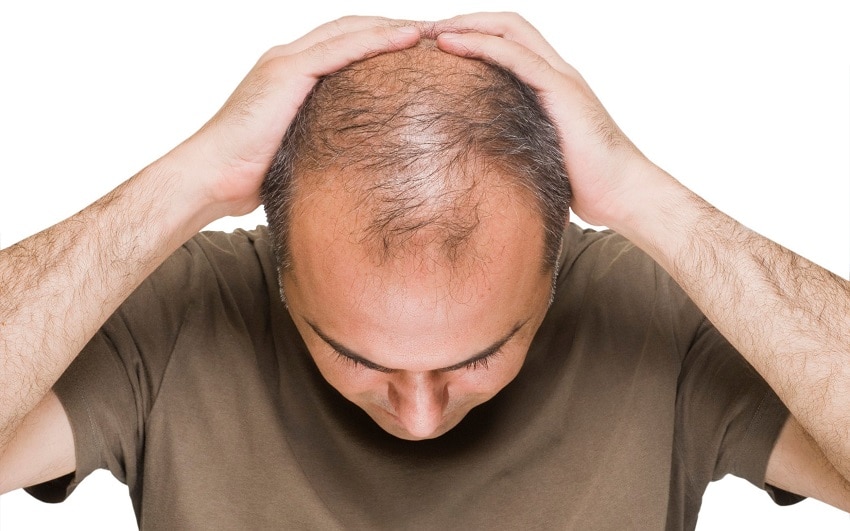
For those who have diabetes, the body doesn’t produce insulin, doesn’t utilize it effectively, or both. Insulin is really a hormone that moves the sugar from your diet out of your blood stream to your cells to become stored or utilized as energy.
When it’s not necessary insulin or it’s not used effectively, sugar can take shape in your bloodstream. That excess sugar can harm organs on your body, as well as your eyes, nerves, and kidneys. It may also damage your bloodstream vessels. These vessels carry oxygen around the body to nourish organs and tissues. Broken bloodstream vessels may be unable to deliver enough oxygen to nourish hair follicles. This insufficient oxygen can impact your normal hair regrowth cycle.
Your hair growth cycle and diabetes
Hair usually experiences three phases. Throughout the active growing phase, which can last for 2 yrs or even more, hairs grow for a price of one to two cm monthly. Hair then adopts a resting phase, which can last for about 100 days. Following this phase, a few of the resting hair is lost.
Diabetes can interrupt this method, slowing lower hair growth. Getting diabetes may also lead you to shed more pounds hair than normal. That hair thinning isn’t only in your mind. You are able to lose hairs in your arms, legs, along with other parts of the body, too. When hair regrows, it will so in a slower-than-normal rate.
Individuals with diabetes are more inclined to possess a condition known as alopecia areata. With alopecia, the defense mechanisms attacks your hair follicles, resulting in patches of hair thinning around the mind as well as on other areas of the body.
Diabetes itself can result in hair thinning. You may even experience hair loss as an unwanted effect of stress from coping with a chronic illness, or from medicines you are taking to deal with your diabetes. Many people with diabetes also provide thyroid disease, which could lead to hair thinning.
Steps
Call your physician if you are getting any annoying diabetes signs and symptoms, including hair thinning. Hair thinning out of your legs and arms is particularly vital that you report because maybe it’s a manifestation of poor bloodstream flow.
When the hair thinning relates to diabetes control, you may want to adjust your diet plan, lifestyle, or medicine to obtain a better handle in your bloodstream sugar. When your diabetes is in check, you need to notice a decrease in hair thinning. You’ll lose less hairs and you’ll regrow a lot of ones you’ve lost.
So what can I actually do about my hair thinning?
Listed here are a couple of different ways to maintain your hair lush and full, and make amends for diabetes hair thinning.
Medicine
Your skin doctor may suggest a topical drug like minoxidil (Rogaine), that you simply rub on your scalp along with other places that there’s hair thinning. Men can take an herbal viagra known as finasteride (Propecia) to regrow hair. Finasteride hasn’t been approved for ladies to make use of. If alopecia causes hair loss, your physician may prescribe steroid medicines to lessen inflammation.
Biotin
Biotin is really a vitamin naturally found in foods like peanuts, almonds, sweet taters, eggs, onions, and oatmeal. Individuals with diabetes might have lower-than-normal amounts of biotin.
There’s some evidence that taking biotin supplements orally may slow hair thinning. Just speak to your physician first. The suggested sufficient intake for adults is 30 micrograms each day, but supplements usually contain much greater amounts. Ask your physician exactly what is a safe amount for you personally.
Wigs
When the hair thinning covers a sizable section of your scalp, you might want to temporarily pay for it having a wig or hairpiece. The price is rather small, and you may take away the wig when you don’t need it.
Losing hair could be frightening, however, you have options. To higher manage your bloodstream sugar, participate in daily exercise. A great method to bring lower bloodstream sugar and encourage oxygen delivery for your body’s extremities as well as your scalp! Call your physician to understand more about you skill to handle hair loss.
